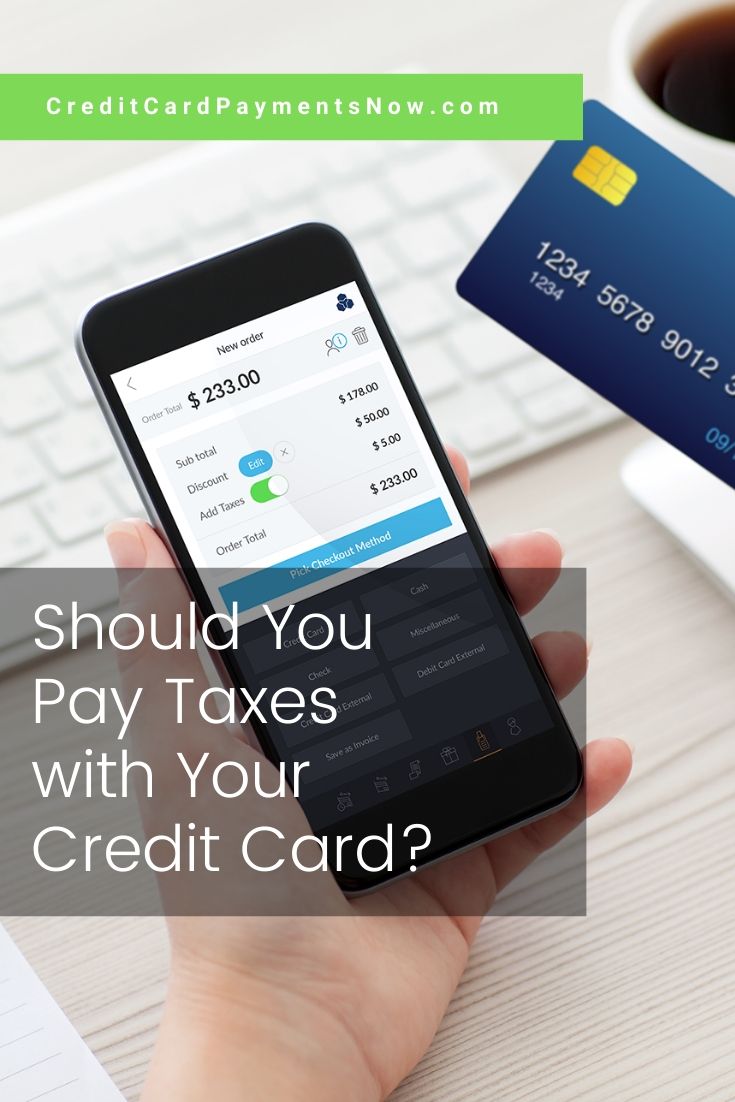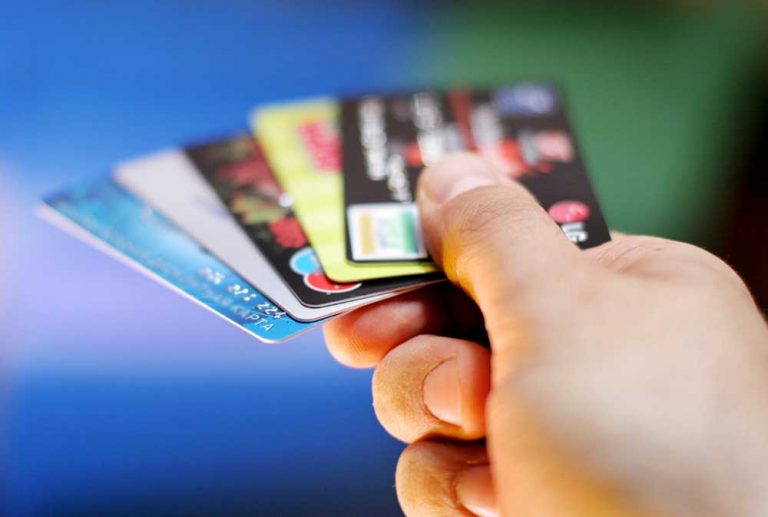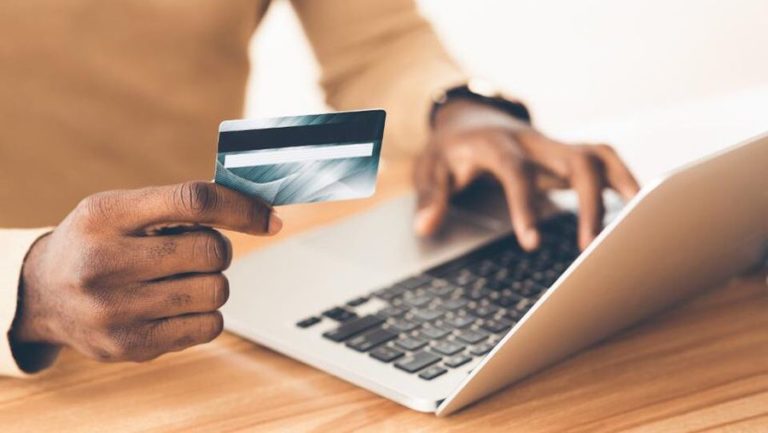Yesterday we presented you the ways to Pay IRS with Credit Card, without reaching any conclusion as if you should pay taxes with credit cards or not.
So today we’ll write down the main advantages and disadvantages of doing so, to help you make a final decision.
At first, we’ll provide you with the link to the official IRS page, detailing how to pay taxes with a credit card or a debit card. And the fees the accepted payment processors have:
Fees and Information
- Your payment will be processed by a payment processor who will charge a processing fee.
- The fees vary by service provider and may be tax deductible.
- No part of the service fee goes to the IRS.
- Your information is used solely to process your payment.
Choose your Payment Processor
| Processor | Debit Card | Credit Card | Digital Wallet |
|---|---|---|---|
| PayUSAtax.com (WorldPay US, Inc.) 844-729-8298 Payment 855-508-0159 Live Operator 844-825-8729 ServiceInternational Non Toll-Free 1-615-550-1491 Payment 1-615-942-1141 Live Operator 1-615-550-1492 Service |
$2.55 flat fee
|
1.96% fee, Minimum fee $2.69
|
See debit or credit card fees
 Includes: Includes:
|
| Pay1040.com (Link2GovCorporation) 888-729-1040 Payment 888-658-5465 ServiceInternational Non Toll-Free 1-501-748-8507 Live Operator |
$2.58 flat fee
|
1.87% fee, Minimum fee $2.59
|
See debit or credit card fees
|
| OfficialPayments.com/fed (Official Payments) 888-872-9829 Payment 877-754-4420 Live Operator 877-754-4413 ServiceInternational Non Toll-Free 1-334-521-3842 Payment |
$2.00 flat fee ($3.95 flat fee for payments over $1,000)
|
1.99% fee, Minimum fee $2.50
|
See debit or credit card fees
|
Find out more on the IRS page.
Chances are you don’t intend to pay the IRS taxes with a debit card, unless there are some outstanding perks for this, as the average 2% payment processor fee is just an added cost.
But you are surely looking at paying the taxes with a credit card, because you try to get some rewards or you just don’t have all the money now, so a payment plan would work in your favor.
When should you pay taxes with a credit card?
There are few conditions that, if met, make this payment a good idea.
- You get bigger rewards to cover the fees – In some cases rewards credit cards can be used to pay your taxes. Do this if your rewards are high enough to cover the payment processing fees. If you need to get to a certain spending threshold to get bigger rewards, instead of splurging on useless junk just to spend the money, use it for your taxes and unlock the rewards.
- You need a payment plan and happen to have a 0% APR credit card – in this case, it makes sense to break down the huge payment in 12 monthly rates, for instance, and pay every month. Make sure you don’t go over the end of the 0% APR bonus time, otherwise the fees will get you in deeper problems.
- You have a high credit limit – getting your IRS taxes on the credit card will decrease your credit score, unless you have a high enough credit limit. In this case it’s just another charge that doesn’t go over this threshold.
- You plan to pay full-sum, just want the convenience of a credit card payment – if you already have the money and can cover the taxes directly, plus, ideally, your rewards cover the fees (are at least 2%), you can use the credit card to boost your credit score and enjoy the convenience of paying it easier.
- After all your calculations, it’s the less expensive option – if getting a payment plan from the IRS or, worse, getting late fees on top of your taxes are the only option, then it makes sense to pay taxes on your credit card.
When Not to Pay Taxes With Your Credit Card
Paying the IRS taxes like this can turn into an expensive option, so here are the instances when this type of payment should be avoided:
- Rewards are low – if you get less than 2% in rewards and you pay approximately 2% in credit card processing fees, you are losing money. Not to mention other costs (APR, possible late fees etc.)
- You don’t have a 0% APR credit card – if you cannot use this option (to pay monthly until the period expires), your APR will put a huge financial burden on top of the taxes themselves.
- You are not disciplined enough with your credit card debt – unless you are very strict and calculate to the penny, it would be a better idea to get a payment plan from the IRS and not use a credit card. The huge APRs would crush you.
How can you pay taxes, without a credit card?
There are more ways to pay your IRS taxes and not use a credit or debit card for it:
- Direct Pay. Taxpayers can pay tax bills directly from a checking or savings account free with IRS Direct Pay. Taxpayers receive instant confirmation once they’ve made a payment. With Direct Pay, taxpayers can schedule payments up to 30 days in advance. They can change or cancel a payment two business days before the scheduled payment date.
- Installment agreement. Taxpayers who are unable to pay their tax debt immediately may be able to make monthly payments. Before applying for any payment agreement, taxpayers must file all required tax returns. They can apply for an installment agreement with the Online Payment Agreement tool, which also has more information about who’s eligible to apply for a monthly installment agreement.
Should you pay taxes with credit card?
I am sorry to say, but there is no clear answer after 2 articles written on this topic on Credit Card Payments Now. It all boils to your own calculations and situation.
So, what I would do:
- get the exact number that you need to pay in taxes
- calculate carefully: how much each option would cost you: direct payment, credit or debit card, installment agreement etc.
- choose the option that makes the most sense for you.
Personal finance is pure Math, so use calculations to come up with the correct answer. After all this you’ll know for sure if you should pay taxes with a credit card or not.
















